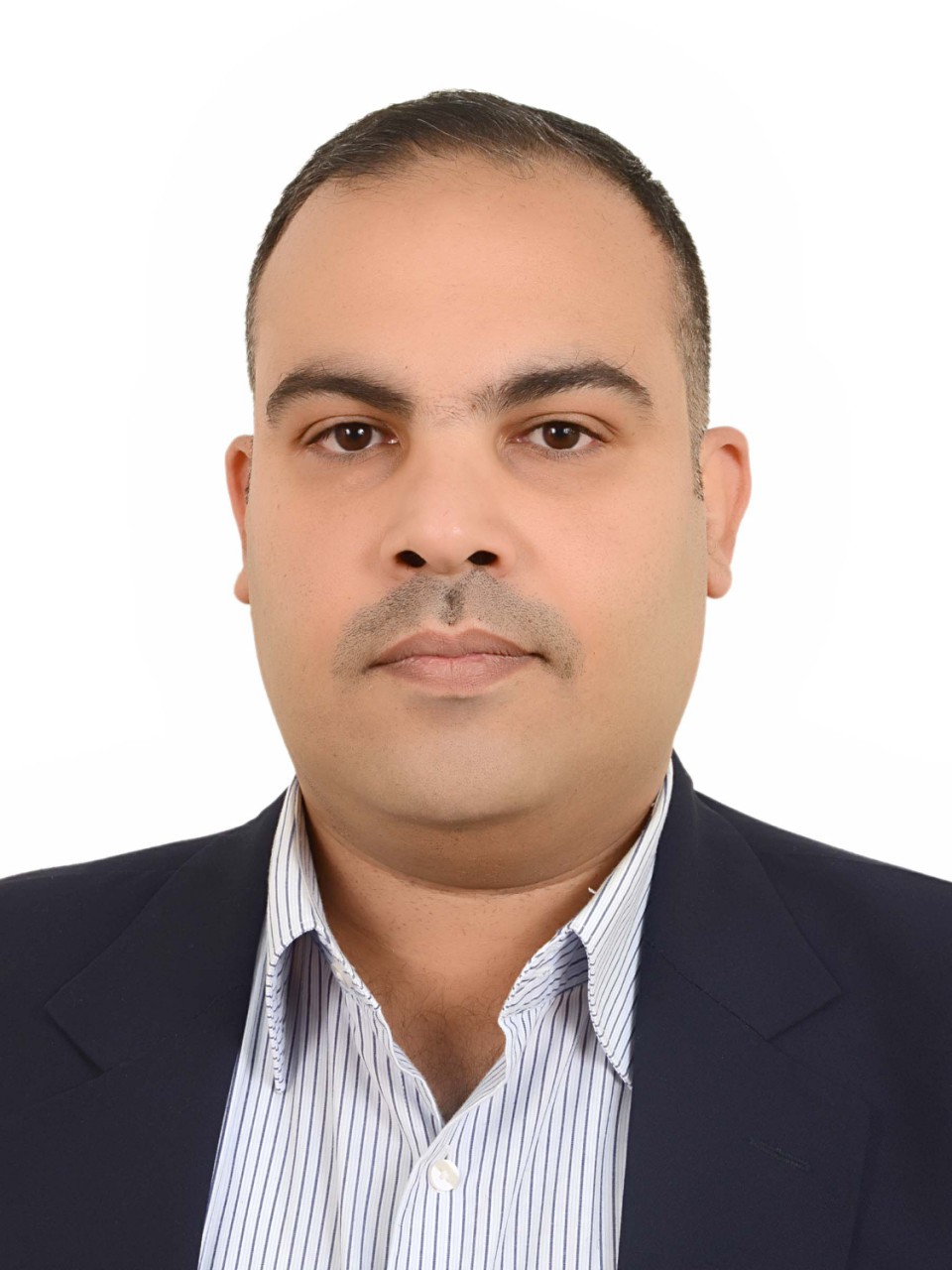
Knowledge and attitude towards organ donation and transplantation among a sample of Iraqis in the city of Baghdad
Ala Ali1, Huda A. Al-Taee1.
1Nephrology and Renal Transplantation Center, The Medical City, Baghdad, Iraq
Background: Organ donation is the driving force for transplantation. Awareness about donation and transplantation is invaluable for improved transplantation services in any country.
Objectives: To assess the knowledge and attitude toward organ donation and transplantation among adult Iraqis, medically educated vs. nonmedically educated adults; in Baghdad-Iraq.
Methods: This study recruited 400 Iraqi residents of Baghdad city from December 1, 2018, to March 1, 2019. An interviewer-administered questionnaire admitted to 200 health care professionals and 200 non-medically educated adults. Analysis of responses for the two groups performed and presented.
Results: The study included 165 males and 235 females with the mean age of 33.73+10.38 years. Majority of the participants (60%) were aware of organ donation and health care provider was the main source of their knowledge. Only 11.25% had knowledge about Iraqi legislation that permits donation after brain death. Nearly, 50% of the study groups accepted to be live donors and 229/400 (57.25%) accepted to donate after death. About 50% accepted the idea of organ donation as an act to save life whoever the donor is. The most important barrier was the fear of future health after live donation and the body disfigurement after death. There was a statistically significant difference in the knowledge and attitude scores between the two groups. From the study sample, 46.5% accepted the concept of incenting live donors or families of deceased donors.
Conclusion: Iraqi people are moderately informed about organ donation and transplantation. Educated people have a better attitude. Religion and social beliefs were not a barrier to OD in the study sample. Regulated governmental application of incentives program may be a useful strategy at the time being.
Keywords: Knowledge, Attitude, Organ Donation, Transplantation, Iraq.
There are no comments yet...